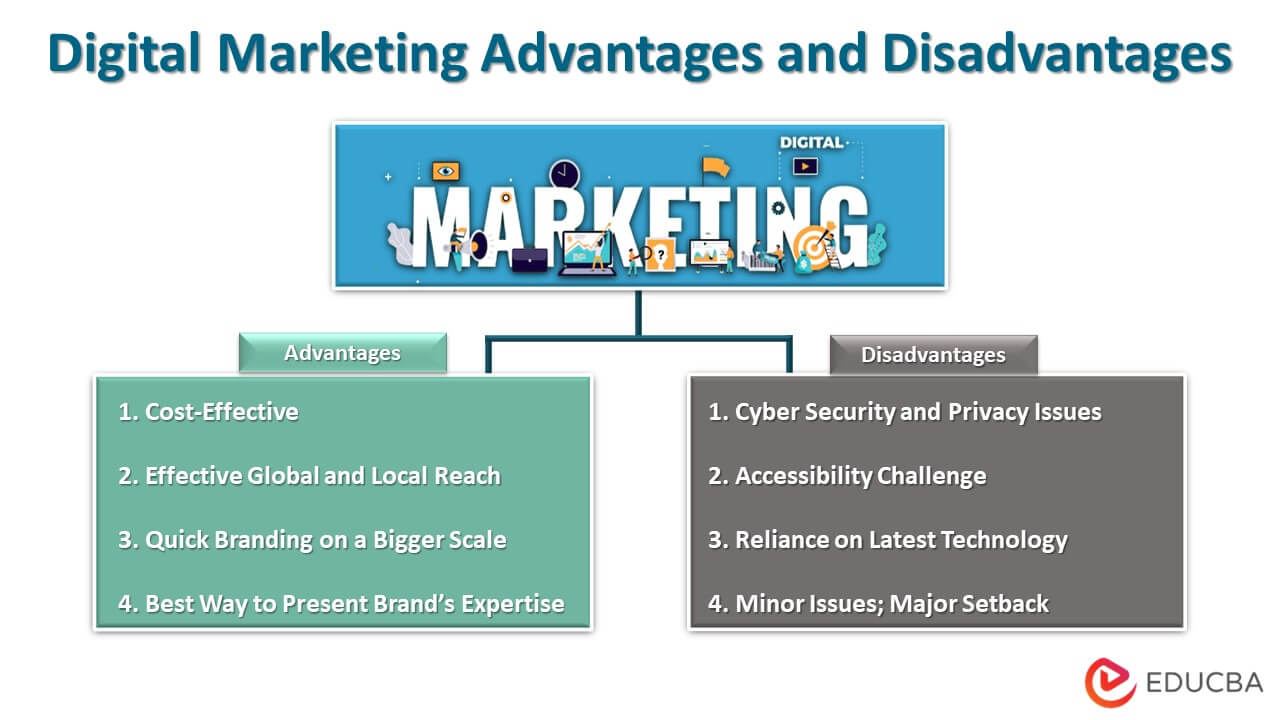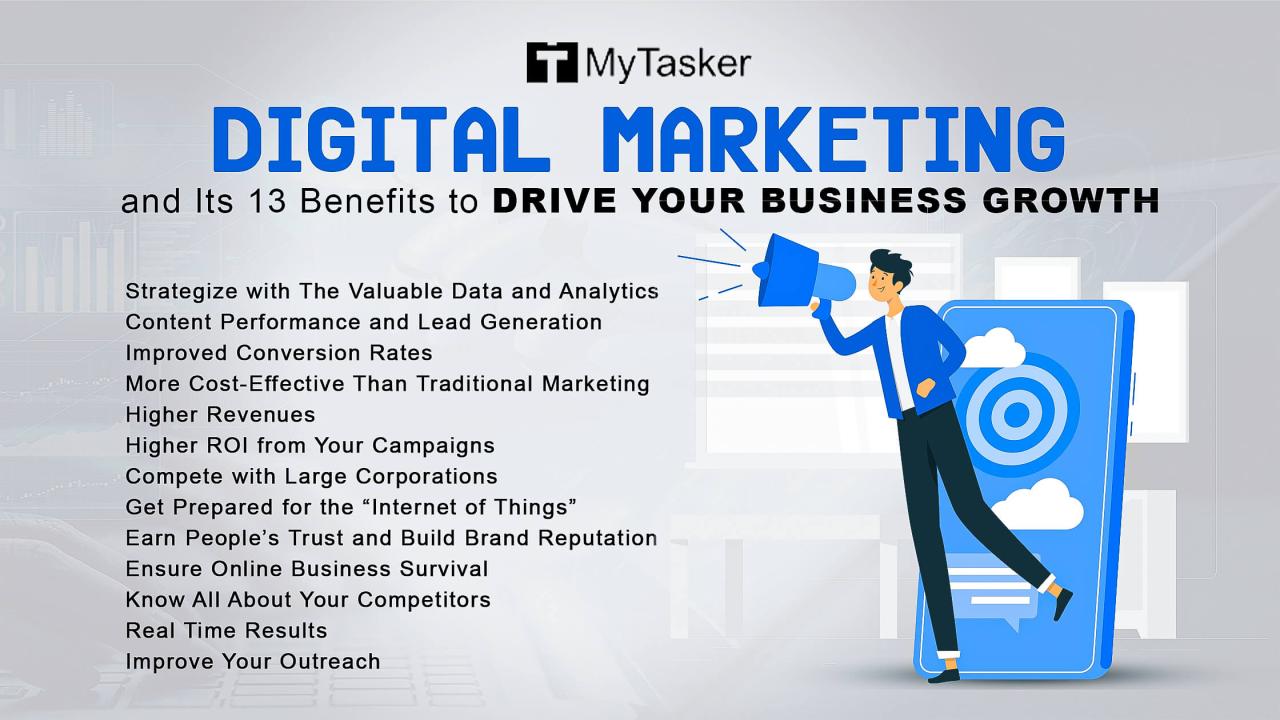Increased Reach and Visibility: Benefits Of Digital Media For Brands

Benefits of digital media for brands – Digital media empowers brands to transcend geographical boundaries and connect with a global audience. Online platforms provide brands with unprecedented opportunities to expand their reach and enhance their visibility.
Social media platforms like Facebook, Instagram, and Twitter have become powerful tools for brands to engage with potential customers. These platforms allow brands to create engaging content, share updates, and foster relationships with their followers. By leveraging social media, brands can reach a vast and diverse audience, building brand awareness and driving traffic to their websites.
Online Advertising, Benefits of digital media for brands
Online advertising is another effective way for brands to increase their reach and visibility. Search engine marketing (SEM) and display advertising enable brands to target specific audiences based on their demographics, interests, and search queries. By strategically placing ads on relevant websites and search results, brands can capture the attention of potential customers and drive conversions.
Enhanced Customer Engagement
Digital media has revolutionized the way brands interact with their customers, fostering unprecedented levels of engagement. Its interactive nature allows for real-time communication, enabling brands to respond promptly to customer inquiries, address concerns, and build stronger relationships.
Social Media Listening Tools
Social media platforms have become invaluable tools for brands to monitor customer feedback and sentiment. By actively listening to conversations, brands can gain valuable insights into customer preferences, identify areas for improvement, and tailor their messaging accordingly.
Personalized Content and Targeted Messaging
Digital media allows brands to deliver highly personalized content and targeted messaging to specific customer segments. By leveraging data analytics and segmentation techniques, brands can create tailored campaigns that resonate with individual customers’ interests and needs, leading to increased engagement and loyalty.
Improved Brand Perception and Reputation

In the digital age, brands have unprecedented control over how they are perceived by the public. Digital media provides a platform for brands to shape their online presence and reputation, fostering stronger relationships with customers and building trust.
Maintaining a consistent brand voice across multiple platforms is crucial. A unified brand message ensures that customers have a seamless experience, regardless of the channel they interact with. By presenting a consistent brand identity, businesses create a recognizable and trustworthy image that resonates with their target audience.
Showcasing Values and Emotional Connection
Digital media empowers brands to showcase their values and connect with customers on an emotional level. Through storytelling, engaging content, and interactive experiences, brands can humanize their brand and build a stronger bond with their audience. This emotional connection fosters loyalty, advocacy, and positive brand perception.
- Starbucks, for example, uses social media to share inspiring stories about its employees and customers, creating a positive brand image and fostering a sense of community.
- Nike’s “Find Your Greatness” campaign leveraged digital media to inspire and motivate its customers, showcasing the brand’s values of empowerment and athleticism.
Data-Driven Marketing and Analytics
Digital media provides a wealth of data that can be used to improve marketing campaigns. By tracking customer behavior on websites, social media, and other digital channels, businesses can gain valuable insights into their preferences and needs. This data can then be used to create more targeted and effective marketing campaigns.
Benefits of Data Collection and Analysis
- Improved customer segmentation: Data can be used to segment customers into different groups based on their demographics, interests, and behavior. This allows businesses to target their marketing campaigns more effectively.
- Personalized marketing: Data can be used to personalize marketing messages and offers to each individual customer. This can help to increase engagement and conversion rates.
- Optimized marketing campaigns: Data can be used to track the performance of marketing campaigns and identify areas for improvement. This allows businesses to optimize their campaigns and get the most out of their marketing budget.



